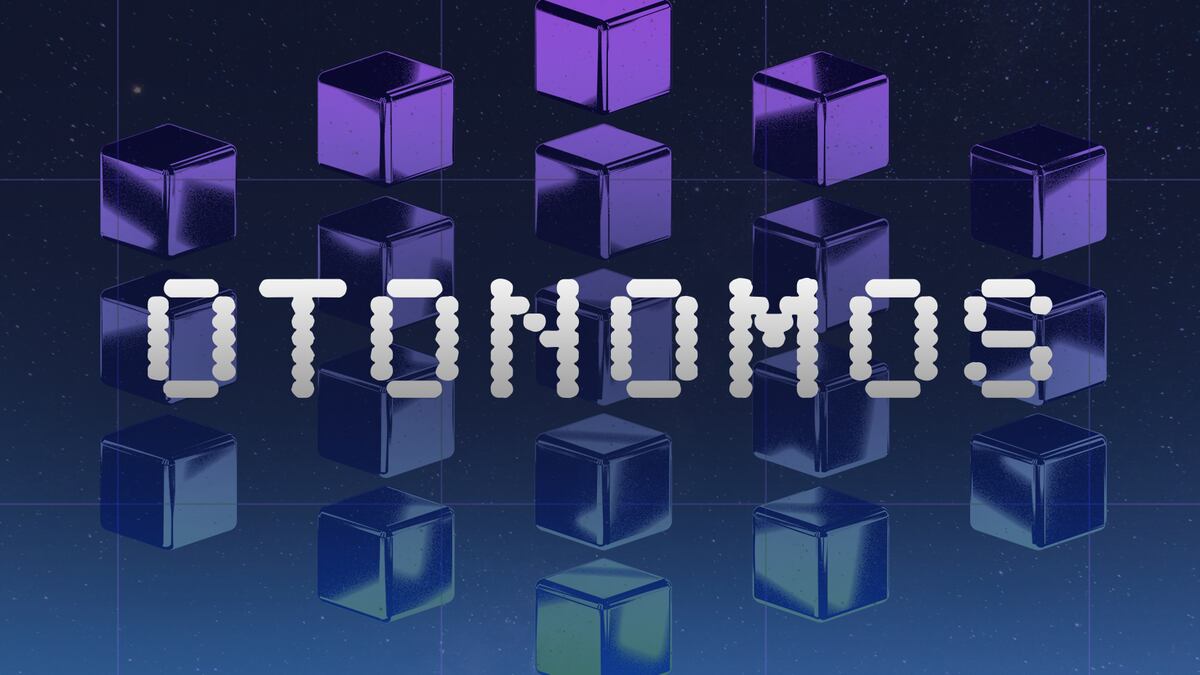At Otonomos we help our blockchain native clients set up and manage real-world legal entities. Few topics are more interesting to us than that of DAO legal structuring.
DAOs are an essential part of DeFi, and they are growing fast. DeepDAO estimates there are now 13,000 decentralised autonomous organisations (DAOs) in existence, with a total treasury worth $24.4bn. Projects such as Uniswap, Compound, and MakerDAO show the success of DAOs in enabling decentralised management and execution of on-chain finance protocols.
Others, such as Decentraland and Friends with Benefits, demonstrate the role that DAOs can play beyond decentralised finance. The promise of DAOs is vast, and the gains are already all around us. So too, however, are the pitfalls.
Radically democratic consensus mechanisms risk inefficiency, inertia, and voter apathy.
- Inefficient governance bedevils DAO projects: A poorly constructed DAO risks re-creating many of the worst issues of pre-blockchain organisational life. Radically democratic consensus mechanisms risk inefficiency, inertia, and voter apathy. Token holding whales, meanwhile, can recreate the excesses of oligarchic control, using their voting power to disadvantage other DAO members.
- Catastrophic legal risks: DAO setup problems can go well beyond creating an inefficient system - at their worst, they expose DAO creators and token holders to massive liabilities. Unless good structuring is put in place, DAOs risk being seen as unincorporated associations or general partnerships, with potentially disastrous effects. In 2023, one notorious US decision held DAO token holders jointly and severally liable for the activities of the DAO itself. (1)
To be successful, DAO projects should consider our tips for real-world legal tooling.
Legal structuring, yes. Wrappers, no.
Sensing opportunity and hoping to attract DAO clients, jurisdictions like Wyoming and the Marshall Islands have rushed out new entity types like a DAO limited liability company
As on-chain and decentralised entities, DAOs are currently somewhat at odds with traditional legal structures. Sensing opportunity and hoping to attract DAO clients, jurisdictions like Wyoming and the Marshall Islands have rushed out new entity types like DAO LLCs. However, such efforts are of limited utility in shoehorning an essentially participatory governance protocol into a hierarchical, centralised legacy legal form. We therefore deem the notion of a DAO ‘wrapper’ flawed, as it limits the new experimental forms of decentralised governance.
To be actually useful for the real world, DAO projects may need:
- Operational capacity: To create and issue tokens, manage and give real-world effect to on-chain voting decisions, and to be able to distribute grants and rewards to real-world individuals and organisations that help develop the DAO.
- A suitable constitution: Governance and consensus mechanisms that work for their needs.
- Legal personality: DAOs need to be able to act as a unified entity, a single point of reference that can validly contract with real-world partners.
- Limited liability: DAO projects must be capable of limiting liability for project leads and token owners. If not, then every member of a DAO project is potentially liable when things go wrong.
- Effective decentralisation: Unless DAO projects are actually decentralised, project members and token holders fall prey to a raft of regulations, including at least one element of the SEC’s ‘Howey test’.
Achieving all of this is well beyond any single wrapper. Instead, DAO projects should proactively use of entity stacks, which would typically include an interplay between a foundation, token issuance entity, and operational companies.
Entities including the Cayman Islands Memberless Foundation or the Panama Foundation, combined with entities in the British Virgin Islands or Panama, which issue and distribute the project’s token, as well as operational “lab” entities elsewhere, go a long way in minimising regulatory risk. As Web3′s leading entity assembler, Otonomos can help you fit your DAO into a multi-jurisdictional entity jigsaw to ensure your projects are both operationally effective and maximally decentralised.
Book a call with Otonomos to learn how we can help you.
